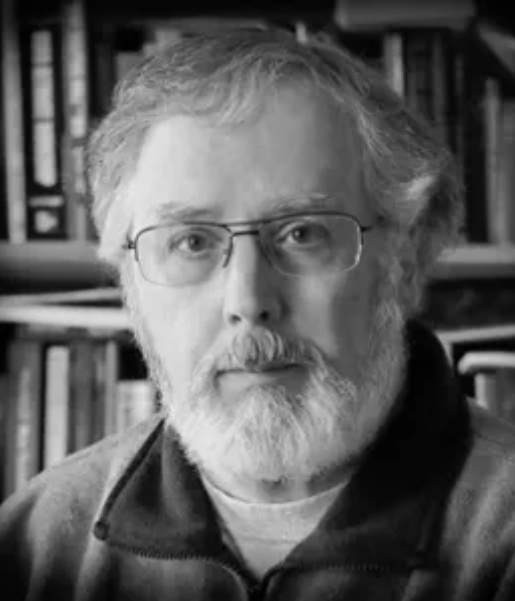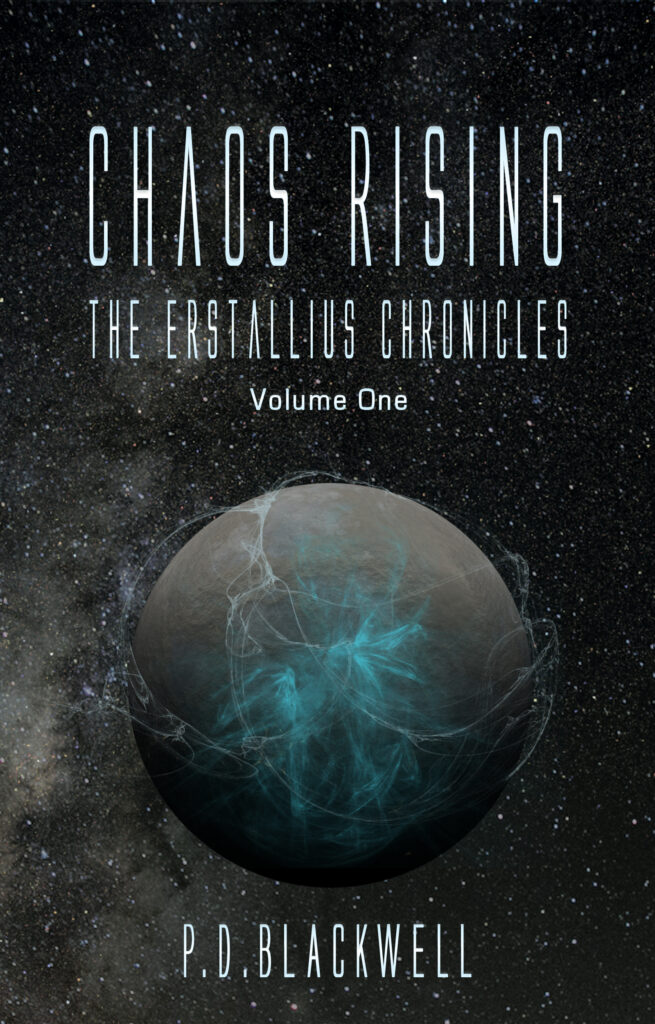

Can you tell us a little about yourself?
I was due to arrive in January, but I showed up in November. After four restarts and a brief surgery, I spent the next two years on Adak in the Aleutian Islands. Once back in southern California, life became more normal. My life took many turns, and I went from Port Hueneme to San Diego. My interest in writing took a serious turn while in high school, as did my love for Science Fiction. Graduation interrupted my Southern California life, and I ended up in Idaho. Nine months later, I returned to San Diego with no prospects and no plan for the future.
In 1980, I began studying Theology and did so for the next fifteen years, which pushed my fiction work to a rare pleasure on the weekends.
A short story I wrote in the late 1970s caught my attention again, and I decided to expand it into a novel. Because of other demands, I spent years accomplishing this expansion, but I eventually completed it in 2015.
Tell us a bit about your book.
My first novel, expanded from my short story, is Chaos Rising: The Erstallius Chronicles, Volume One. 1500 years in the future, humanity has settled many planets, controlled by The Merchant Alliance of Great Clans. After 160 years of peace, a mining complex on an airless planet is destroyed. The ships in orbit meant to protect the mine are also destroyed. The allied Clans focus on various suspects, and the Alliance begins to fracture. That’s where Chaos begins.
The female protagonist, Bev Colli, is a miner, and she survives with 21 other people. She and other survivors have the same dream of a woman trapped in a cave, screaming in agony. This intrusive vision is a mystery that is unraveled as the story progresses.
The next book in the series, The Rhysu Alternative: The Erstallius Chronicles, Volume Two, continues the story of Bev and her struggle for freedom, while a new coalition of clans seek to secure peace among the inhabited worlds by stopping the expanding civil war.
Volume Three in the series is currently in progress.
Have you always wanted to become a writer?
I always enjoyed writing. A teacher in high school was the first person to encourage me to make writing my focus, but it remained a weekend hobby for many years.
What has helped or hindered you most when writing a book?
Plotting is hard work but an immense help. Knowing who the players are, their paths through the story, and where they need to be as their narrative unfolds, eliminates writer’s block and increases my enthusiasm as I write. Knowing I can jump around the narrative and never get lost in the complexities of the worlds I create is a significant benefit.
What inspired the idea for your book?
In the mid-70s, I had a dream of a bearded man on a cliff looking toward a valley, and there were four objects coming toward him. The objects turned into men standing on platforms with handles, like flying scooters. It was odd. I thought, “Maybe I can make a story out of this.”
What advice would you give a writer working on their first book?
Create a detailed plot for every major character. Write the first draft using the basic elements of your plot. Fine tune everything by re-writing until there are no lose ends, and most important: painting our hero into a corner better have a logical exit or readers will see a contrivance and that is never good. The exit must be founded in the reality we create.
What is the most valuable piece of advice you’ve been given about
writing?
Fiction needs an accurate foundation if it is to be believable, no matter the setting or time period. Science Fiction must also be grounded in its own reality, so intricate world building is essential for even the simplest plots.
Where do you get your information or ideas for your books?
Chaos Rising began with a dream. The Rhysu Alternative continues that story. Other stories have sprung from events in my past. For Elizabeth, a short story, came from an experience I had in elementary school.
Throughout my novels I have taken other experiences and merged them with my characters as the opportunity arises—actual events made fiction that enhance the character arcs where needed.
Information is the skeleton that supports the story, especially in Science Fiction, so research into various sciences is essential for a believable plot.